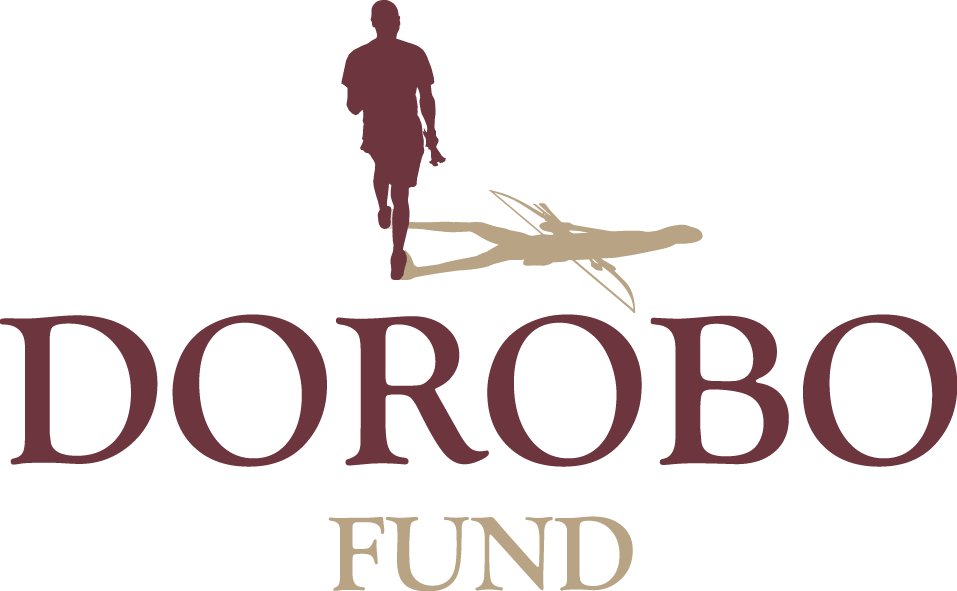An Interview with Ben Gardner
An Interview with Ben Gardner
Dorobo Fund has a lot of amazing and committed supporters who have contributed to positive change in ecosystems across northern Tanzania. We recently sat down with longtime friend and Dorobo Fund supporter, Benjamin Gardner, also an accomplished author and professor, to find out what caught his eye initially about our work and how that interest has been a catalyst in his life since.
Ben is a highly regarded scholar of conservation, community rights, and tourism. As soon as you get him talking about Tanzania - its landscapes and people - his passion is palpable. Ben first came to Tanzanian in 1991 as a student with St. Lawrence’s Kenya semester study abroad program. And like so many involved with Dorobo Fund, that initial trip to Tanzania often becomes the first of many. Ben quickly got to know Daudi, Thad and Mike and the work they were doing through Dorobo Fund.
For Ben, that initial visit to Tanzania lasted an entire year. He returned soon after, founding and leading a program with Putney Student Travel that continues to this day. Students studied ecology alongside Dorobo guides and carried out community service work in the communities they stayed. Ben soon returned again to Tanzania to complete his Master’s research with the Yale School of Forestry and Environmental Studies, focusing on community-based approaches to natural resource management in Loliondo and Simanjiro. Ben’s research in Loliondo and Simanjiro has developed into a relationship spanning almost three decades. He also helped develop some of Dorobo Fund’s initial approaches to community partnership and built important relationships that still stand today. In speaking about his initial work in Loliondo and Simanjiro, “This experience really informed Dorobo Fund moving forward. There was an established level of trust between the village and community workers.”
Ben’s research in Tanzania eventually led him to write a book examining the intersection of community-based conservation and private investment in tourism, focusing on the Maasai of northern Tanzania and the profound effect tourism has on their culture and livelihoods. In his book, Selling the Serengeti, he notes that the tourism industry in Tanzania often supports specific notions about African landscapes and wildlife, including their value and how to best protect them. These notions often empower certain groups over others to speak on behalf of these landscapes and wildlife, often putting western conservationists ahead of local people. When asked how this narrative fits into Dorobo Fund’s approach, Ben responded, “[It’s] part of what I think makes Dorobo Fund, and the Dorobo Family different. They grew up in Tanzania and have always been interested in this question about rights and access. Daudi and Thad and their work in rangeland management, Mike and his work with deforestation management… there’s an understanding within Dorobo about the need for landscapes to be managed by the people that live there.”
Ben is someone who has led countless trips to Tanzania and guided many students through what can be a wonderful but sometimes messy and complicated experience of studying abroad, Benjamin’s approach really rings true to Dorobo Fund’s efforts. “[In tourism] it is important to recognize that relationships between tourist and Tanzanians are often unequal and it’s important to question those dynamics. That’s where Dorobo is unique. I think Dorobo has tried to say what can we do within this market to generate income for these communities.”
So, what keeps Ben invested in Dorobo Fund after almost three decades? “Dorobo Fund is trying to do what I believe is some very innovative work. I appreciate their ethical stance on things.” While community-based conservation has become somewhat of a buzz word in the conservation arena, Ben believes Dorobo Fund was one of the first funds in East Africa that truly took this approach to heart and had vested interests in local communities protecting their natural resources themselves. Putting local Tanzanians with whom Dorobo Fund has worked with for decades at the helm to drive initiatives strengthens this relationship. “Dorobo Fund understands community-based conservation to a level that is pretty different.” Ben continued, “As a scholar who can be quite critical of this stuff, their work and what they support is some of the most interesting and important work going on.”
Benjamin Gardner is an associate professor in the School of Interdisciplinary Arts and Sciences at the University of Washington Bothell, where he teaches global studies, cultural studies, and environmental studies. He is also the chair of the African Studies Program at the Henry M. Jackson School of International Studies at the University of Washington.








